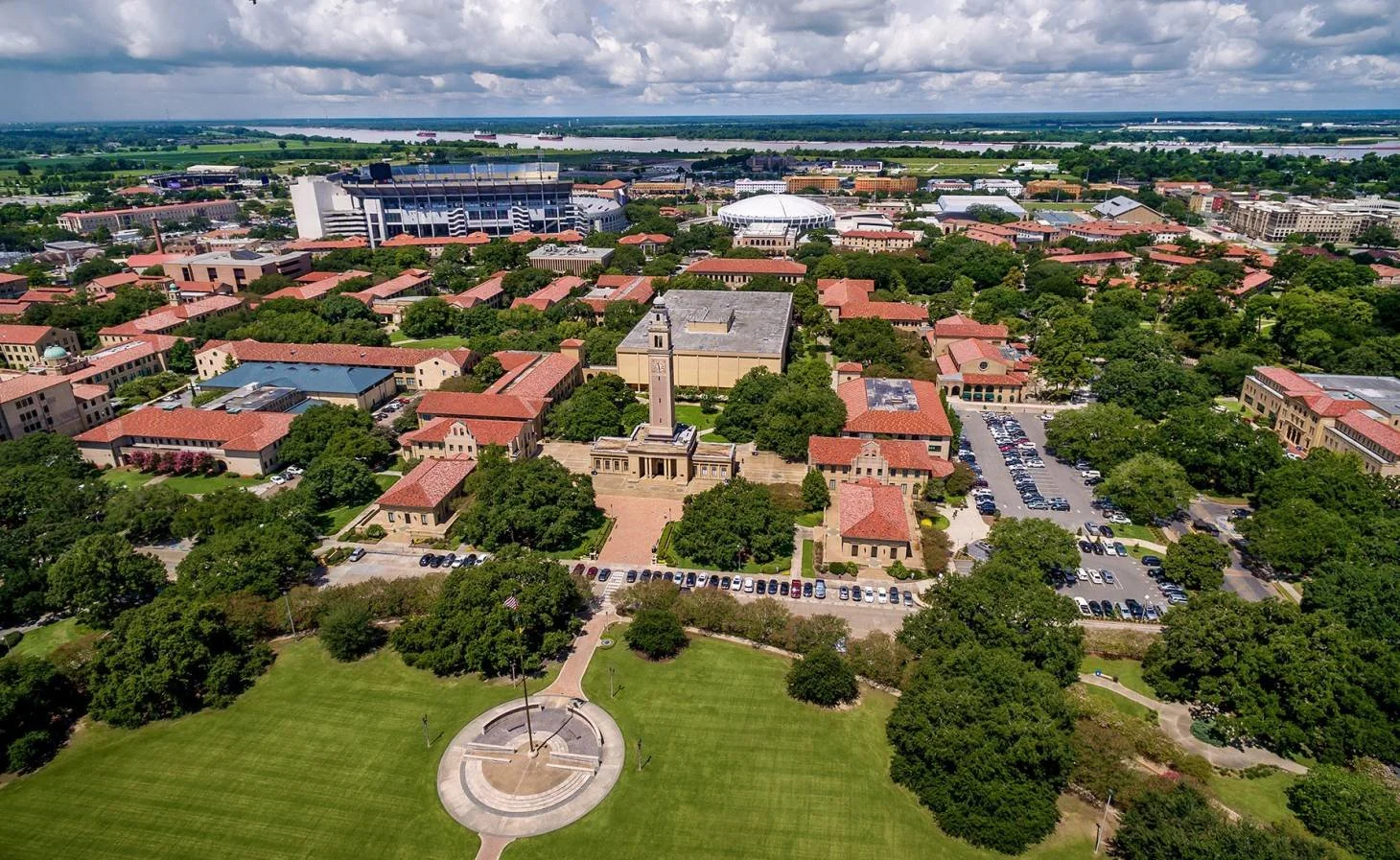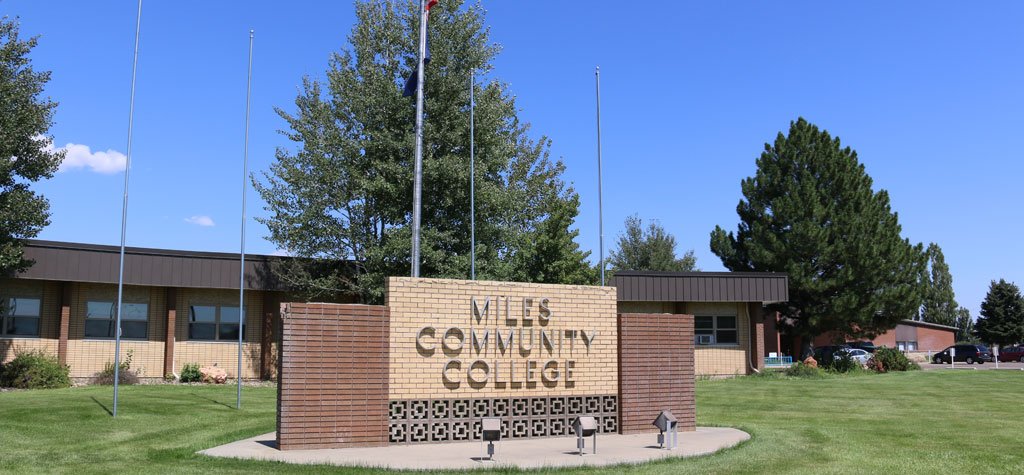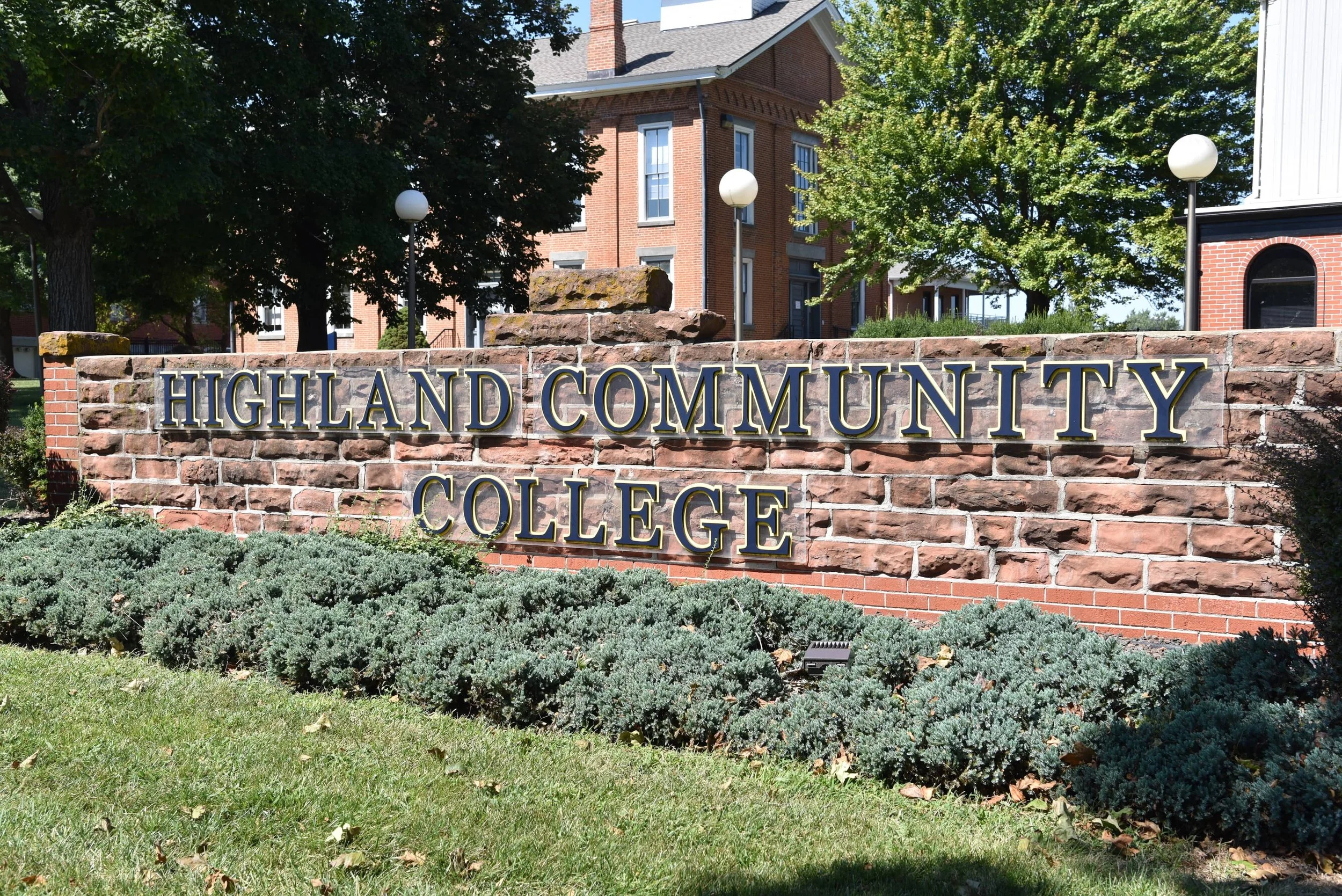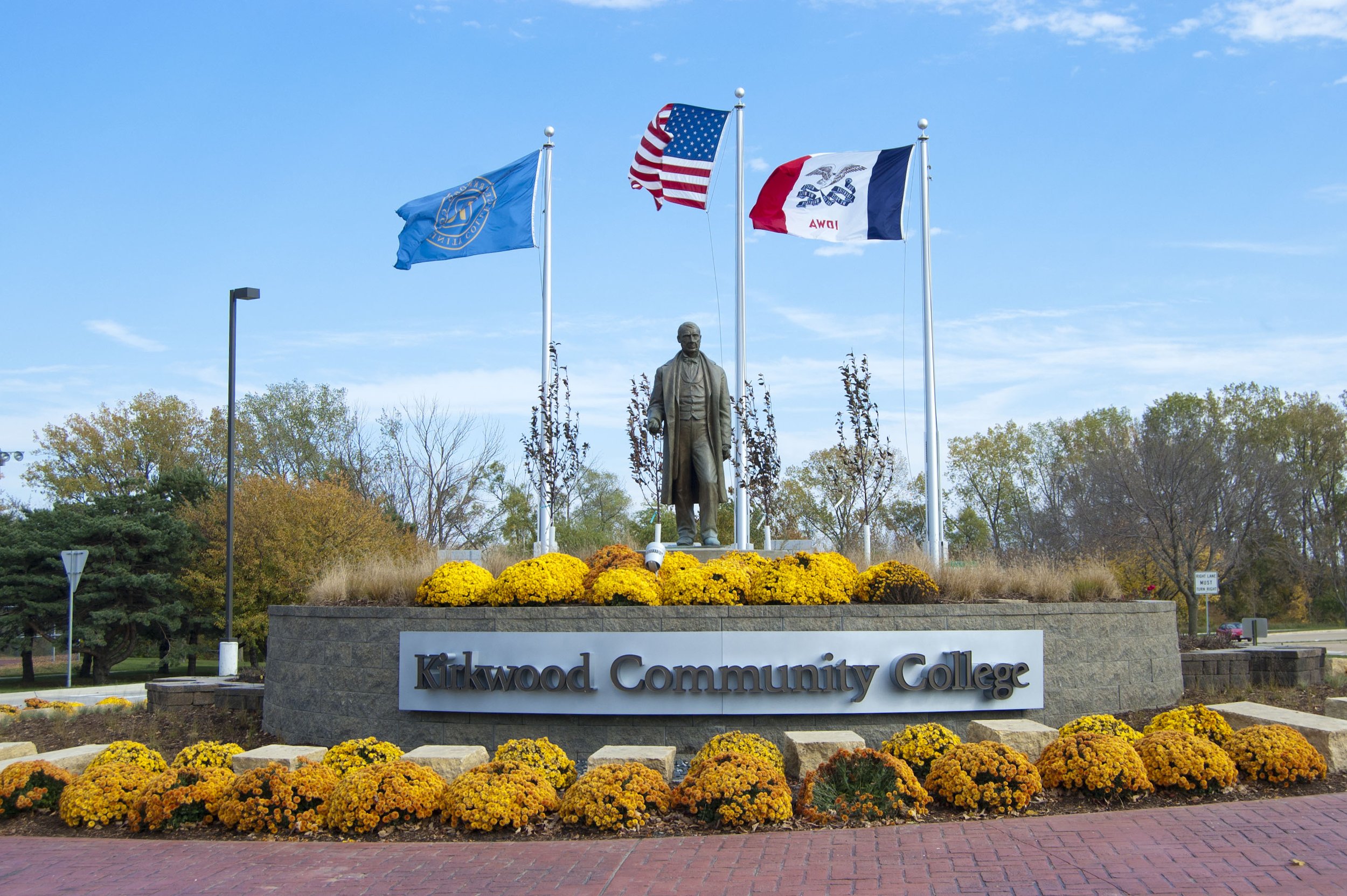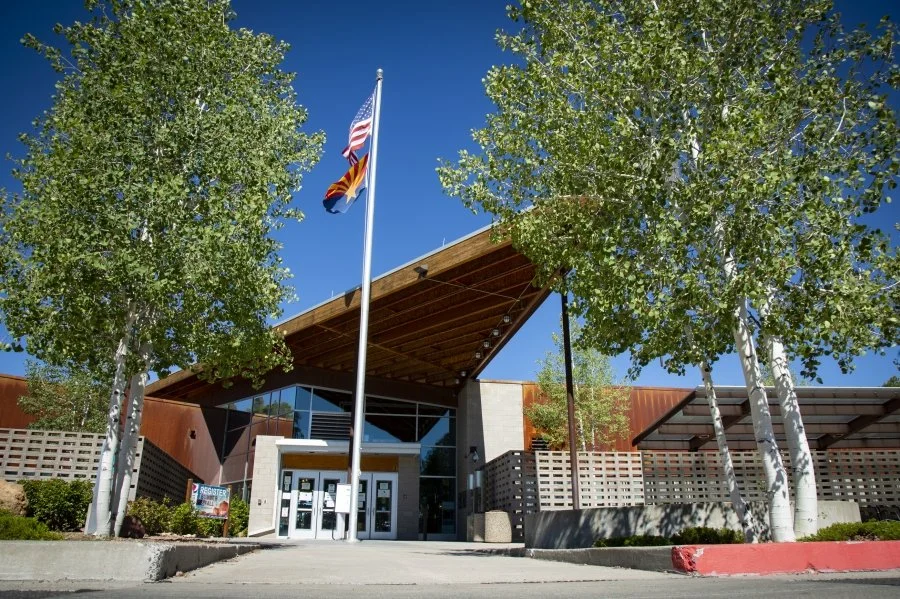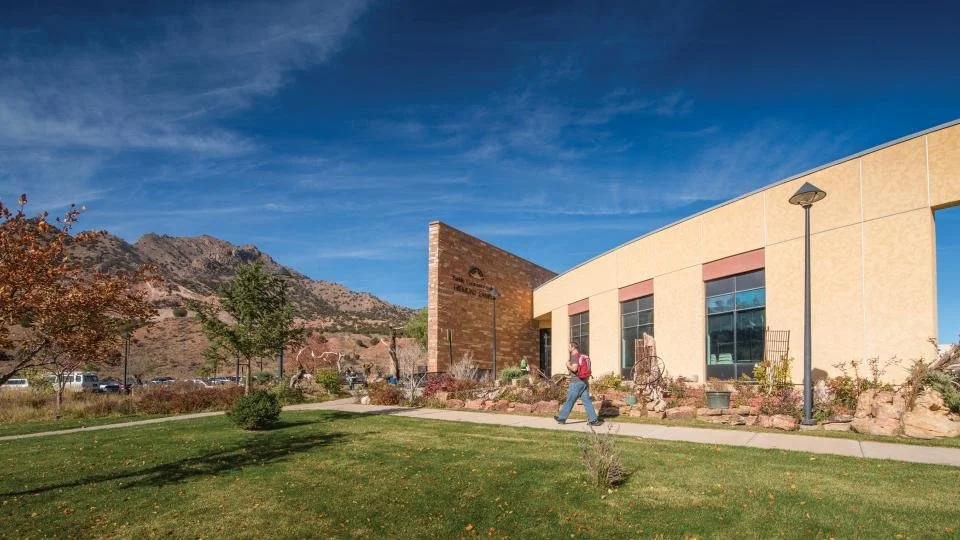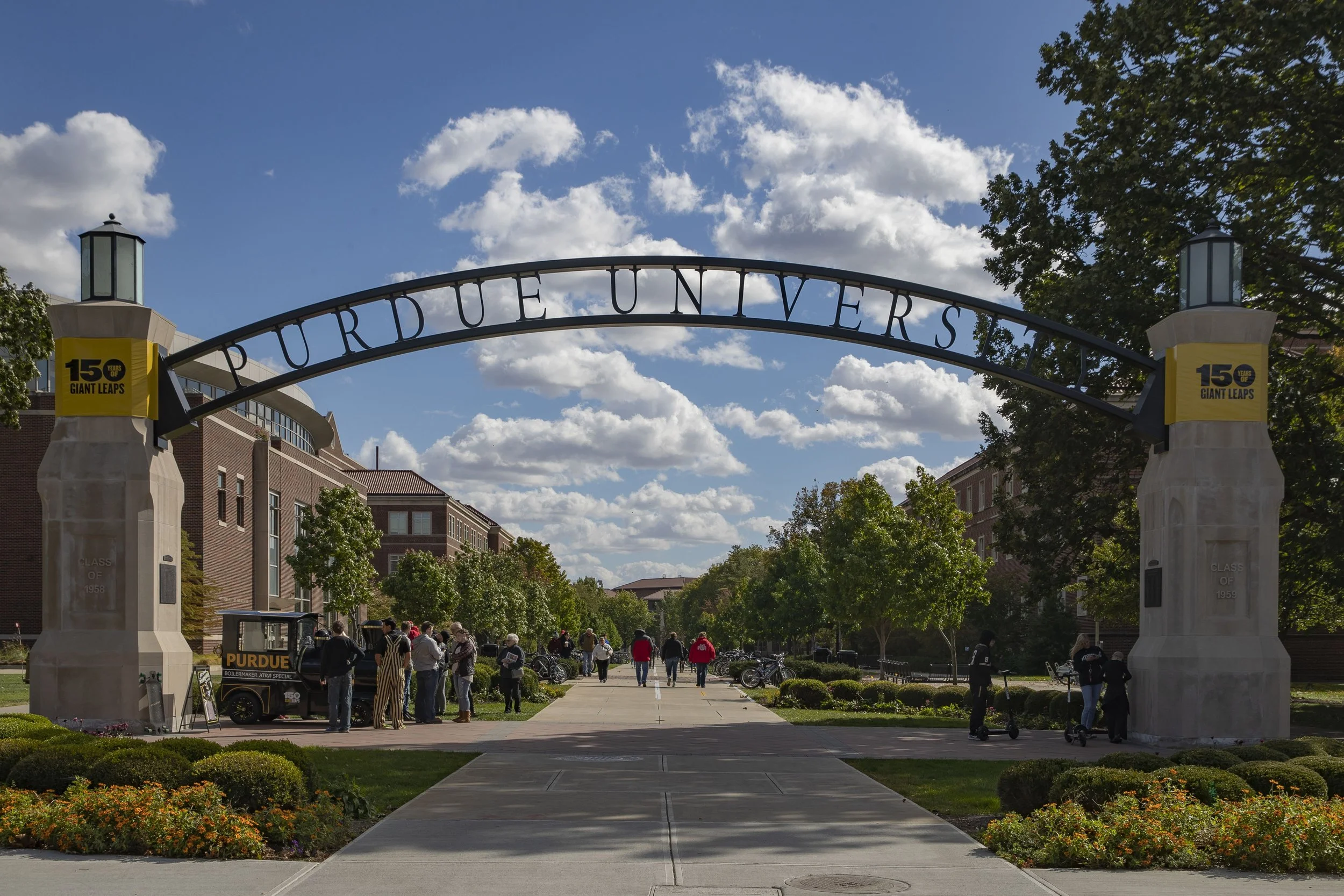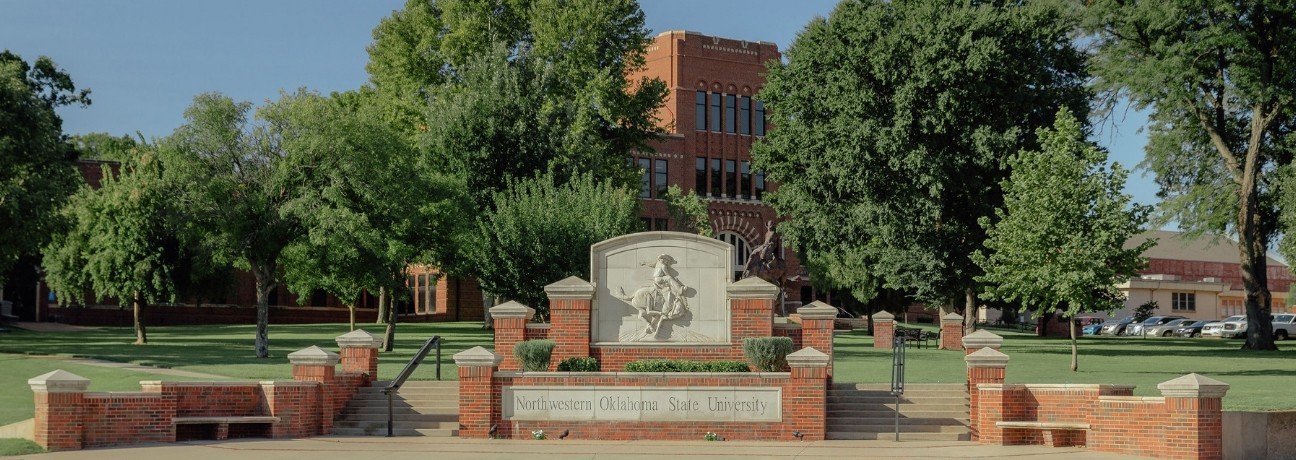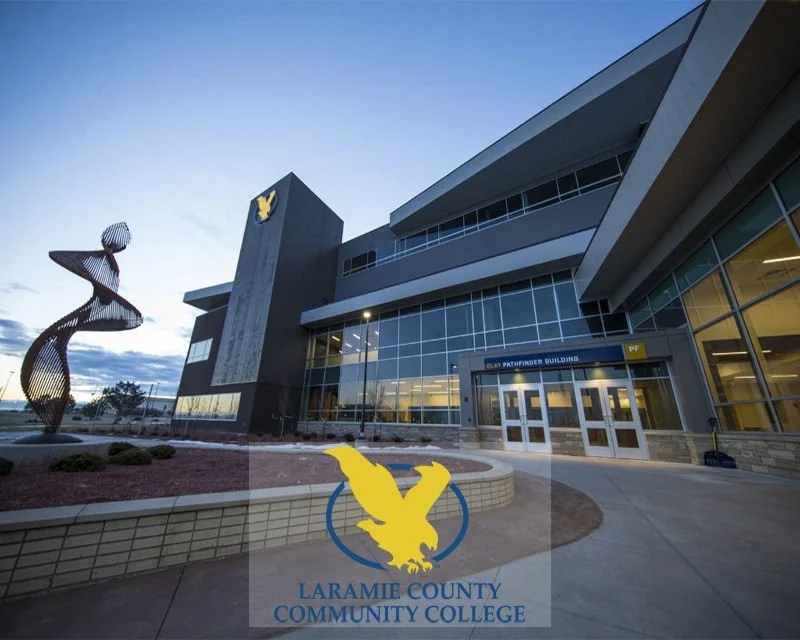Louisiana State University
By applying the fundamentals of their discipline (reactions and separations), chemical engineers design, install, and complete the processes for efficient production of materials, as well as tailor the properties of materials for specific applications. With these skills, chemical engineers may help make microprocessors for Apple, controllers for Ford, and laundry detergent pods for Proctor & Gamble. Graduates may work in the petrochemical industry/plants, research and development, or go on to graduate school or medical school.
Wallace Community College
The Electrical Technology program prepares individuals to apply technical knowledge and skills to install, operate, maintain, and repair electric apparatus and systems such as residential, commercial, and industrial electric-power wiring; and DC and AC motors, controls, and electrical distribution panels. Includes instruction in the principles of electronics and electrical systems, wiring, power transmission, safety, industrial and household appliances, job estimation, electrical testing and inspection, and applicable codes and standards.
Miles Community College
Miles Community College has collaborated with OnSite Energy, Inc., out of Bozeman to offer a solar electric system presentation and training in Miles City on June 18, 19, and 20. Class participants will have the opportunity to observe and assist with the installation of solar panels on MCC’s Workforce Readiness Center.
Kellogg Community College
Kellogg Community College’s Industrial Trades Renewal Energy program trains industrial electricians to install, monitor and maintain small-scale solar and wind energy systems in residential, commercial and industrial facilities.
KCC offers a certificate in Renewable Energy, as well as the more generalized Trades certificate and associate degree geared towards company-sponsored students.
Highland Community College
The State of Kansas requires electricians to complete 6 hours of continuing education to renew a journeyman or master electrician license. This course will cover code updates and practices used in the electrical industry.
Kirkwood Community College
Introduces solar energy and photovoltaic systems. Teaches solar radiation fundamentals and the relationship of the sun to the earth, safety considerations in solar energy systems, the photovoltaic (PV) effect and PV cell construction, current and voltage characteristics of PV cells, and the use of PV modules and arrays. It additionally covers batteries and battery charging, and the conversion from to DC to AC using inverters and associated equipment
Coconino Community College
The Associate of Applied Science in Environmental Technology: Alternative Energy Technician will provide students with the skills to pursue a career in the Alternative Energy field. The student will be instructed through mastery learning components and field study workshops arranged with local contractors. Students may apply credit hours earned in the Construction Technology Certificate toward completion of the AAS degree.
Pueblo Community College
The new Solar Photovoltaic Installer Certificate teaches you about safety, racking systems and the installation of electrical and energy storage components associated with photovoltaic solar systems. You’ll also learn how to inspect, test and commission the system. It all starts with the fundamentals and a solid understanding of various components, system architectures and applications for PV systems. Other topics include site analysis, system sizing, array configuration and performance estimation; electrical design characteristics such as wiring, overcurrent protection and grounding; a detailed look at module and inverter specifications and characteristics; mounting methods for various roof structures and ground-mounts; and an introduction to safely and effectively commissioning grid-direct PV systems.
Lake Regions State College
Students in the Wind Energy Technician program have the option of completing a one-year certificate program or continuing to the second year to earn an Associate in Applied Science degree.
The Wind Energy Technician Program at Lake Region State College is the first of its kind in the state of North Dakota. Rapid growth in the wind energy industry has sparked a burgeoning need for technicians. Lake Region State College has anticipated this emergence of workforce need and has worked closely with industry representatives to designed wind energy technician training courses that will prepare students for careers in the wind energy industry.
Purdue University
Exploring Renewable Energy: A summer STEM camp will engage students in hands-on learning with experts in higher education as well as professionals in the field of renewable energy. Students entering grades 8-12 in the fall of 2022 are eligible to apply. Students will get an inside view of an operating nacelle, experience with simulators and a climbing tower, as well as see an operational wind turbine. Students will learn about the generation and use of electricity as well as an introduction to electronics and robotics. Students will have hands-on experiences with the Microgrid Trainer, a portable training device that includes power generation, micro-inverter, storage and renewable energy technology.
Northwestern Oklahoma State University
Exploring Renewable Energy: A summer STEM camp will engage students in hands-on learning with experts in higher education as well as professionals in the field of renewable energy. Students entering grades 8-12 in the fall of 2022 are eligible to apply. Students will get an inside view of an operating nacelle, experience with simulators and a climbing tower, as well as see an operational wind turbine. Students will learn about the generation and use of electricity as well as an introduction to electronics and robotics. Students will have hands-on experiences with the Microgrid Trainer, a portable training device that includes power generation, micro-inverter, storage and renewable energy technology.
New Mexico Junior College
The purpose of the Energy Technology Education Program at New Mexico Junior College is to support the educational infrastructure necessary for the nation to successfully move forward with its energy initiatives. The dynamic program promotes and strengthens courses by teaching the required skills, safety standards, site security, environmental protection, and other critical fields relating the nation's energy needs.
The Associate of Applied Arts Degree and Certification Program is offered completely online (except the Alternative Energy Technician). Students will have the luxury of taking classes in their own environment while also having access to the many resources provided by New Mexico Junior College.
Northeastern Junior College
Our Wind Energy Program provides students with core electrical, mechanical, and hydraulic/pneumatic skills which are applicable to many industries, such as advanced manufacturing, material or food processing, and industrial system repair.
Laramie County Community College
Students in this one-semester program will learn about installing, inspecting, maintaining, operating and repairing wind turbines.
They will learn about the components that create electrical energy as well as the system operation. Students will learn preventative maintenance on wind turbines in addition to troubleshooting faults. They will practice safe usage of industry tools and climbing.

